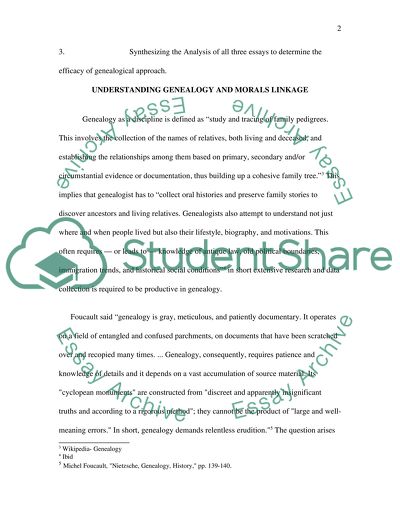Cite this document
(“Nietzschean Genealogy Book Report/Review Example | Topics and Well Written Essays - 4000 words”, n.d.)
Nietzschean Genealogy Book Report/Review Example | Topics and Well Written Essays - 4000 words. Retrieved from https://studentshare.org/philosophy/1512140-nietzschean-genealogy
Nietzschean Genealogy Book Report/Review Example | Topics and Well Written Essays - 4000 words. Retrieved from https://studentshare.org/philosophy/1512140-nietzschean-genealogy
(Nietzschean Genealogy Book Report/Review Example | Topics and Well Written Essays - 4000 Words)
Nietzschean Genealogy Book Report/Review Example | Topics and Well Written Essays - 4000 Words. https://studentshare.org/philosophy/1512140-nietzschean-genealogy.
Nietzschean Genealogy Book Report/Review Example | Topics and Well Written Essays - 4000 Words. https://studentshare.org/philosophy/1512140-nietzschean-genealogy.
“Nietzschean Genealogy Book Report/Review Example | Topics and Well Written Essays - 4000 Words”, n.d. https://studentshare.org/philosophy/1512140-nietzschean-genealogy.


